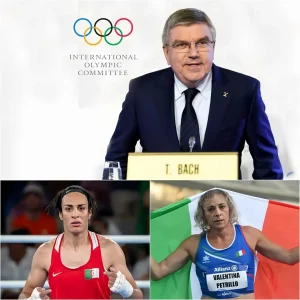he Paris 2024 Olympics are here, which means it’s time for motorsport fans around the world to ask why our favorite discipline isn’t part of the Olympic Games.
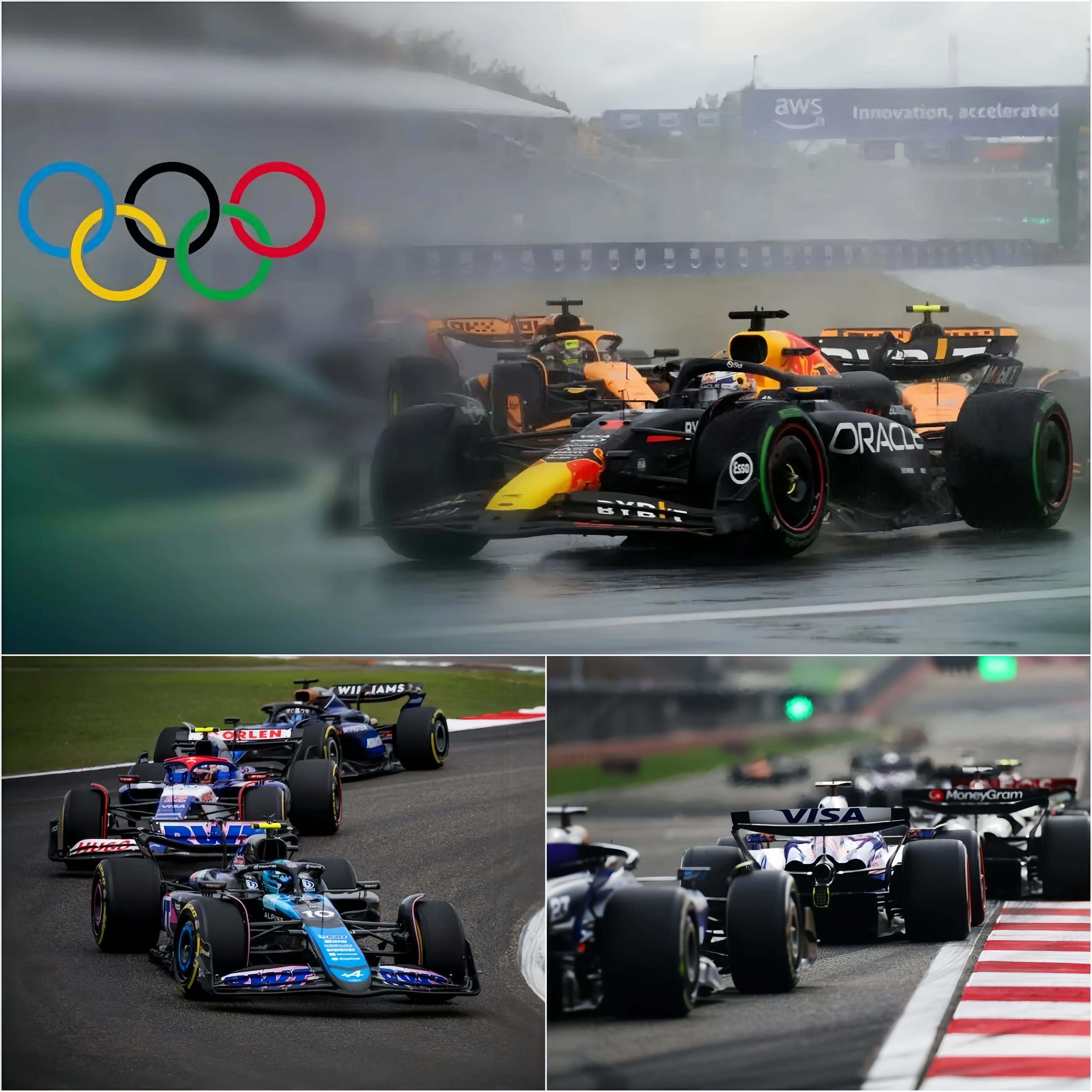
Turns out, there are a lot of reasons why that’s the case — and we’re going to break them down:
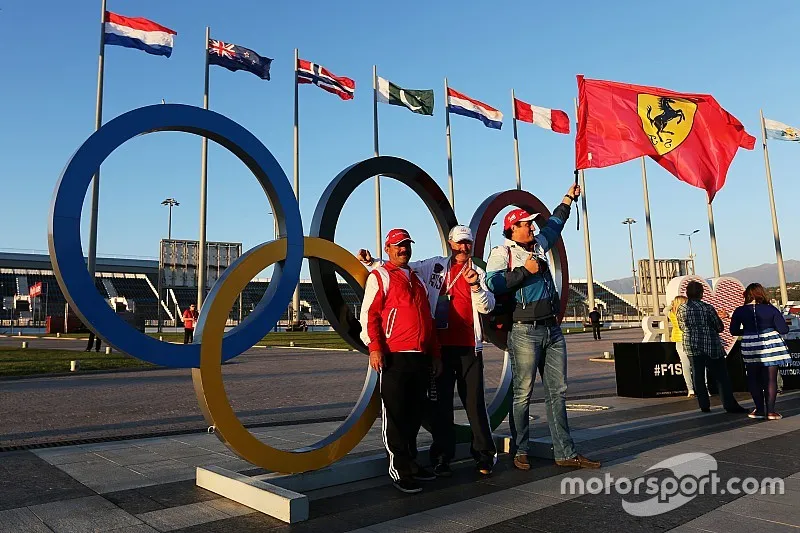
Problem 1: Define “motorsport”
The very first issue with motorsport being part of the Olympics is that “motorsport” is an exceptionally broad term that encompasses all different kinds of racing! There is no one-size-fits-all form of racing that could accurately reflect the skills of rally drivers, stock car oval racers, Formula 1 racers, motorcycle competitors, and more.
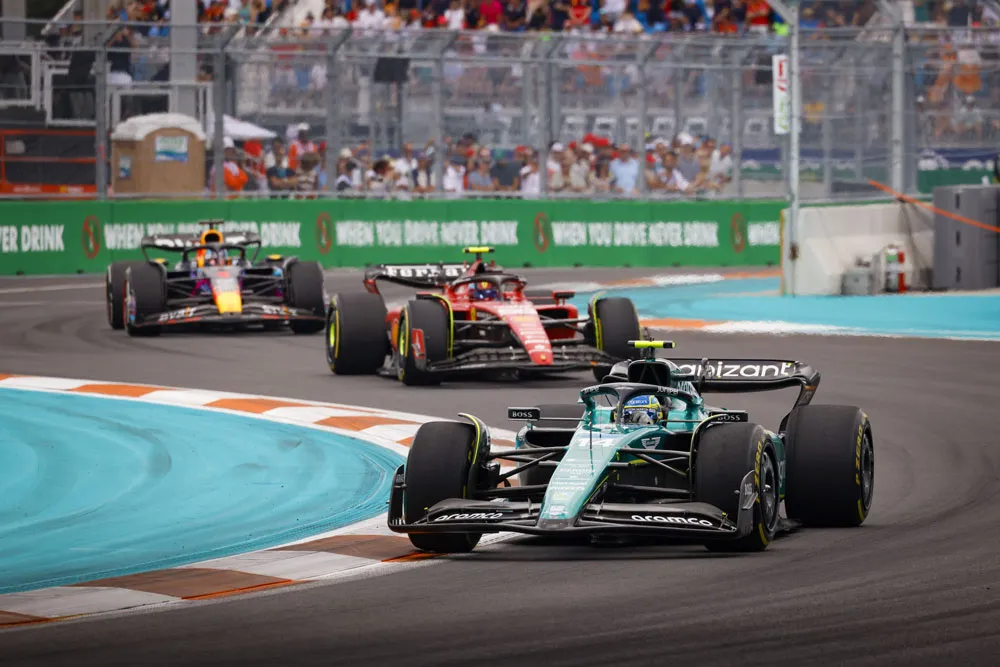
“Motorsport” is a catch-all category, much the same way as “gymnastics” is a catch-all category. At the Paris 2024 Olympics, we have acrobatic gymnastics, artistic gymnastics, and rhythmic gymnastics — so we could perhaps divide the “motorsport” category into smaller, bite-size definitions… but that raises our next problem.
Problem 2: Location, location, location
Let’s say we’ve somehow determined that there will be a variety of different kinds of racing events taking place at the next Olympic Games. Where are we going to host those races?
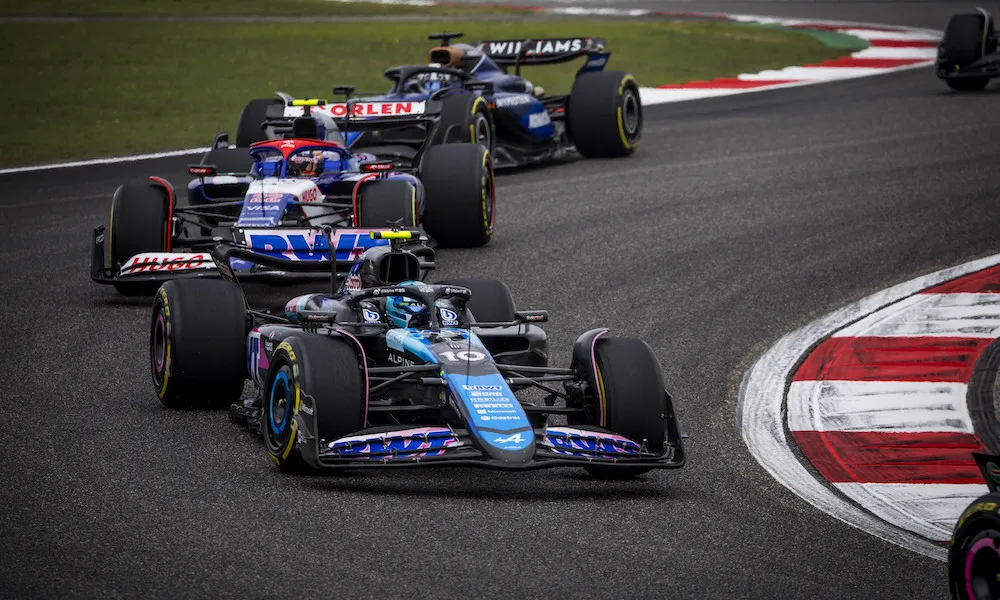
As we’ve seen with the Paris 2024 Olympics, events can take place all around the world, not just within the borders of France — but it would be extremely difficult to eliminate local bias. European racers would likely have a leg up when competing on European tracks, while American racers would be learning the track for the first time.
Problem 3: We need cars!
In order to race, you need a race car. But how exactly can we make that happen for the Olympics?
Ideally, in order to best display driver skill, you would need to have a field of identical racing machines. That means you’d need a field of identical stock cars, a field of identical open-wheel cars, a field of identical motorcycles, and so much more. That’s a lot of bespoke equipment.
Plus, if you’ve ever watched a supposed “spec” series, you know that even seemingly identical cars can vary dramatically in terms of performance. That’s because of our next issue!
Problem 4: Oh, and all those other personnel…
Racing isn’t just completed with one driver in a car. It requires heavy lifting from strategists, mechanics, engineers, and so much more.
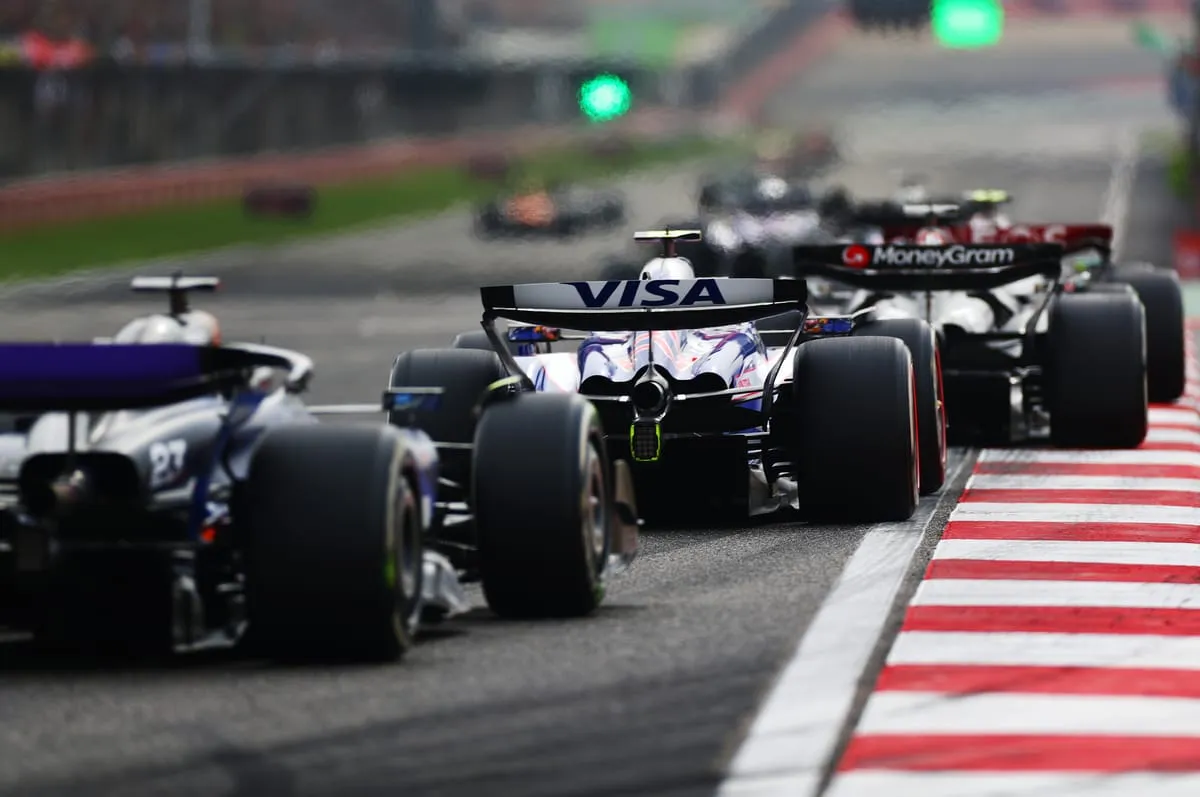
Even if we were to somehow organize a racing event that eliminated pit stops and engineers and strategists in order to solely place the focus on drivers, there would still need to be a fleet of mechanics available to prepare and service the cars.
Will those people service every car? If they do, how can we prevent fatigue? How can we mitigate human error? How can we ensure we select unbiased participants?
And speaking of bias:
Problem 5: Contracts and sponsorships
What automaker is going to build the cars for the Olympics? Who will provide the fuel and tyres? Who will provide the oil, the brakes, and so much more?
While motorsport relies on athlete talent, it also involves a lot of input from teams and automakers; the people building your car can make or break your skill as a driver. And many drivers have lasting partnerships with auto brands.
Let’s say Ferrari were to build all the cars for this Olympics event. It’s reasonable to think that Ferrari drivers would have an advantage, considering they already race for the company and understand how the company builds cars.
And on the opposite end of that spectrum — would Chevrolet want its contracted drivers racing for the competition? Even if it were for the Olympics?
These kinds of conflicts of interest are unavoidable in racing. Most drivers have some longstanding tie with a company that provides cars, tyres, oil, fuel, spark plugs, brakes, and more.
In an ideal world, it would be possible to put those alliances aside for the Olympics, but it’s tough to picture that in reality.
Problem 6: Who would sanction Olympic racing?
Imagine we’ve somehow solved all of the problems above. Now, we need to solve one more. What rules will dictate Olympic racing?
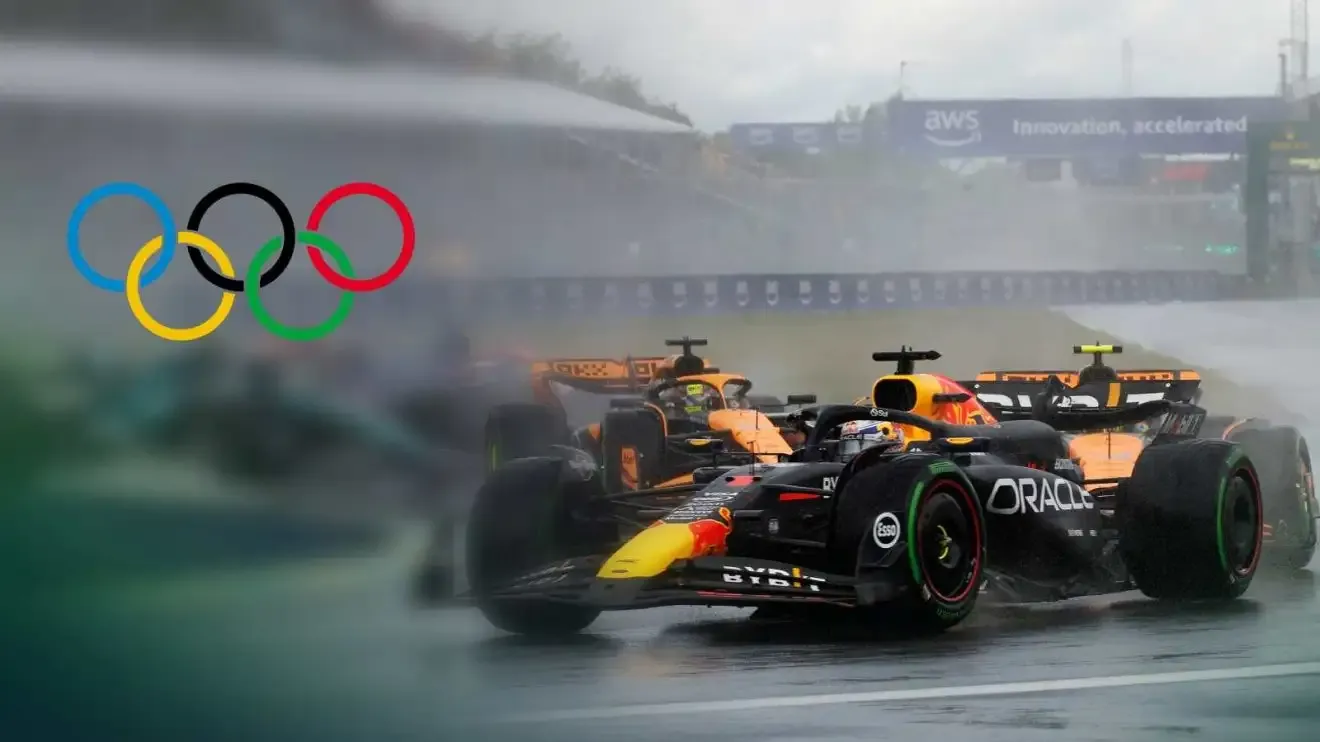
There are countless sanctioning bodies in the motorsport world: FIA, SCCA, ACO, IMSA, and so many more. Each sanctioning body looks after multiple different series, and it’s very likely that those series also all include different sets of rules. Who should sanction our Olympic motorsport events?
The International Olympic Committee would likely have to develop its own regulatory sets and hire its own officials — but it would also require some kind of agreement from the other sanctioning bodies in the world, if only so those sanctioning bodies allow their drivers to compete in the Olympics.
